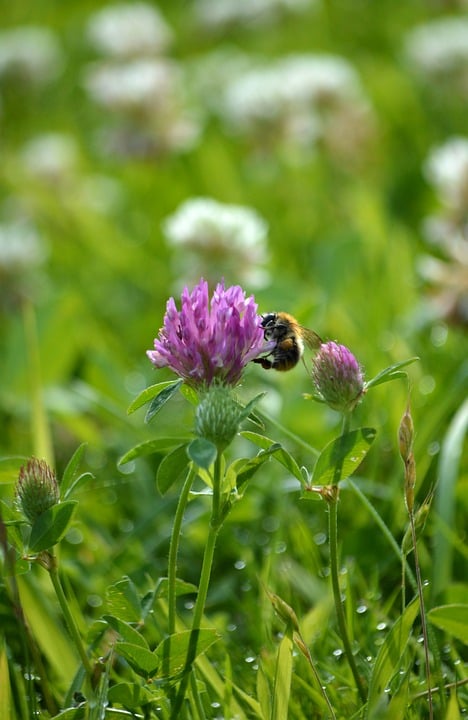Are you the type of person who avoids walking under ladders, throws salt over their shoulder, or crosses their fingers for good luck? If so, you’re not alone. Superstitions and beliefs in luck have been a part of human history for centuries, shaping our behaviors and influencing our decisions. From ancient civilizations to modern-day society, the concept of luck has played a significant role in how we perceive the world around us. In this article, we will delve into the fascinating history of superstitions and luck, exploring their origins, evolution, and impact on our lives.
Historical Context: Origins of Superstitions
Superstitions have been around for as long as humans have been able to think and reason. These beliefs often stem from our attempts to make sense of the world and control the outcomes of our lives. In ancient times, people looked to nature and the divine for signs of good or bad luck. For example, the Greeks believed in the power of oracles, while the Romans looked to animal sacrifices for guidance.
Over time, superstitions became intertwined with religious beliefs, folk traditions, and cultural practices. For instance, the idea of Friday the 13th being an unlucky day can be traced back to both Christian and Norse mythology. These beliefs were passed down through generations, shaping the way people approached various aspects of their lives, from marriage to travel to business ventures.
Current State: Superstitions in Modern Society
Despite advancements in science and technology, superstitions continue to hold a significant place in modern society. While some may dismiss these beliefs as mere nonsense, many people still rely on rituals and charms to bring them luck or ward off evil. From lucky charms like horseshoes and four-leaf clovers to rituals like blowing out birthday candles and making wishes, superstitions are alive and well in our everyday lives.
In fact, superstitions are not limited to individuals—they also play a role in industries such as sports, entertainment, and business. Athletes may have lucky routines before games, actors may have superstitions on set, and businesses may choose certain dates for product launches based on astrological signs. These beliefs can provide a sense of comfort and control in uncertain situations, giving people a psychological boost to face challenges with confidence.
Future Predictions: The Evolution of Superstitions
As society continues to evolve, so too will our superstitions and beliefs in luck. With the rise of technology and globalization, new superstitions may emerge that reflect our changing world. For example, the prevalence of social media could lead to new superstitions around online interactions or the use of certain emojis for good luck. Additionally, with concerns about climate change and sustainability, people may adopt rituals to bring luck to the environment or promote eco-friendly practices.
It’s also possible that as we gain a better understanding of the world around us, superstitions may lose their hold on society. With scientific advancements debunking old myths and providing logical explanations for phenomena, people may become less reliant on superstitions for guidance. However, it’s likely that superstitions will continue to exist in some form, as they are deeply ingrained in human psychology and culture.
Conclusion
In conclusion, the history of superstitions and luck is a rich tapestry that reflects the intricacies of human behavior and belief. From ancient civilizations to modern society, these beliefs have shaped our understanding of the world and influenced our actions in profound ways. While superstitions may seem irrational to some, they serve a deeper purpose in providing comfort, control, and meaning in a complex and unpredictable world.
As we navigate the complexities of the 21st century, it’s important to recognize the impact of superstitions on our lives and society as a whole. Whether you believe in luck or not, understanding the history and evolution of superstitions can offer valuable insights into human nature and cultural practices. So the next time you find yourself knocking on wood or avoiding black cats, remember that superstitions are a fascinating and enduring aspect of the human experience.
Thank you for taking the time to explore the history of superstitions and luck with us. If you’re interested in delving deeper into this topic, we recommend checking out books like “The Power of Superstitions” by Dr. Emily White or websites like the Museum of Superstitions for additional resources and information. Happy exploring!
